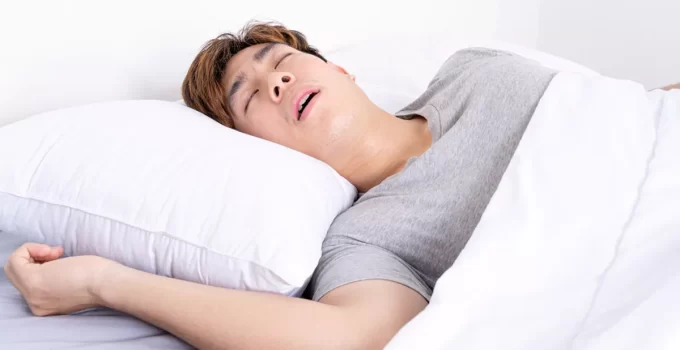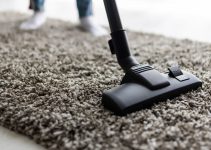Sleep apnea is a common sleep disorder that affects millions of people worldwide. It can lead to disrupted sleep, fatigue, and various health issues if left untreated. While there are medical treatments available, there are also natural remedies and lifestyle changes that can significantly improve sleep apnea symptoms. In this article, we will explore five lifestyle tweaks that work wonders for managing sleep apnea.
Understanding Sleep Apnea
Before we delve into the natural remedies, let’s have a brief understanding of sleep apnea. Sleep apnea is a condition characterized by pauses in breathing during sleep. The most common type is obstructive symptoms of sleep apnea (OSA), where the throat muscles relax excessively and obstruct the airway.
Recognizing the Symptoms
Sleep apnea can have various symptoms, including:
- Loud Snoring: One of the primary signs of sleep apnea is loud and persistent snoring.
- Gasping or Choking: Individuals with sleep apnea may awaken abruptly with a gasping or choking sensation.
- Excessive Daytime Sleepiness: Sleep apnea can lead to extreme tiredness during the day.
- Morning Headaches: Frequent morning headaches are a common symptom.
- Difficulty Concentrating: Reduced sleep quality can impair concentration and cognitive function.
Lifestyle Tweaks for Managing Sleep Apnea
Now, let’s explore five effective lifestyle tweaks that can help manage sleep apnea:
- Weight Management
Obesity is a significant risk factor for sleep apnea treatments. Losing weight through a balanced diet and regular exercise can reduce the severity of sleep apnea symptoms. Even a modest weight loss can make a significant difference.
- Positional Therapy
Some individuals experience sleep apnea primarily when sleeping on their back. Trying to sleep on your side can alleviate symptoms for such individuals. You can use pillows or positional devices to help maintain a side-sleeping position.
- Avoid Alcohol and Sedatives
Alcohol and sedatives relax the throat muscles, making it easier for them to collapse during sleep, which can worsen sleep apnea. It’s advisable to avoid these substances, especially close to bedtime.
- Elevate Your Head
Elevating the head of your bed by a few inches can help keep your airway open and reduce snoring and breathing interruptions. Specialized wedge-shaped pillows can also provide the desired elevation.
- Regular Exercise and Overall Health
Engaging in regular physical activity not only aids in weight management but also enhances overall health. It can improve lung and heart function, which can be beneficial for those with sleep apnea.
Conclusion
Incorporating these lifestyle tweaks into your daily routine can significantly improve sleep apnea symptoms and overall sleep quality. However, it’s essential to consult with a healthcare professional for a proper diagnosis and to discuss the most suitable treatment options for your specific condition.



